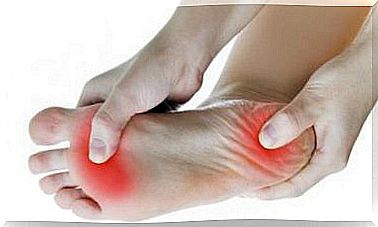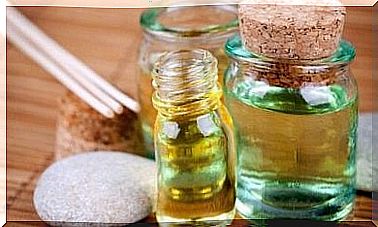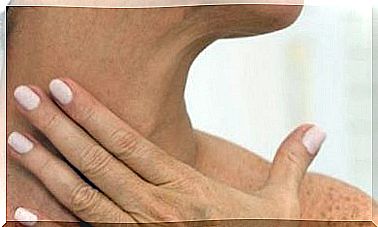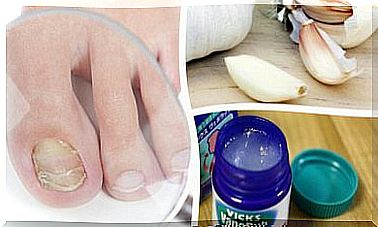5 Harmful Intimate Hygiene Habits
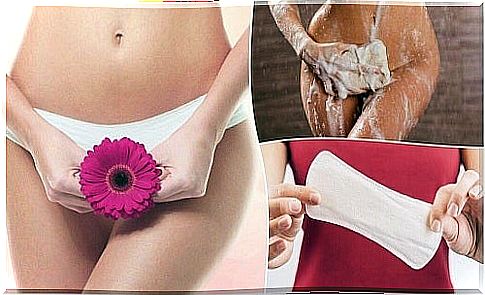
There are many more harmful intimate hygiene habits than you suspect. Most women care about keeping their vagina in optimal condition. The fear of infections and unpleasant odors is enough to draw our attention to this aspect.
However, in an attempt to eliminate all unpleasant fluids and odors, we often adopt harmful intimate hygiene habits that can harm vaginal health.
The problem is that the vagina is a very sensitive region, whose pH can fluctuate due to chemicals, certain types of underwear and many other factors often ignored.
So, although some practices seem to be healthy, it is important to know if they really are. If they can endanger our health, we must learn to avoid them.
1. Excessive vaginal douching
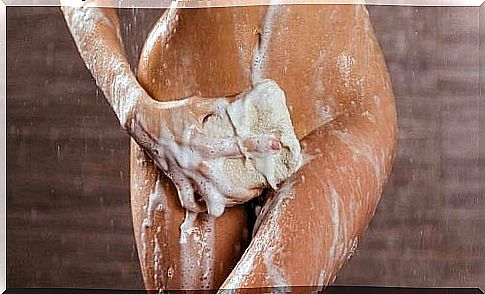
Vaginal showers are apparently a great way to remove bacteria and odors from the intimate area. But in reality, far from being beneficial, they cause imbalances that can trigger infections.
This type of internal flushing unbalances the healthy vaginal flora, increasing the vulnerability of this organ to pathogens.
Suggestions:
- Instead of taking a vaginal shower, simply wash the outside of the vagina with a mild soap and water.
2. Absorbents
Representatives of the feminine hygiene products industry have convinced us that we must use absorbents and tampons to prevent discomfort caused by fluids and odors.
But daily use of these products is counterproductive. They suffocate the vaginal area and increase the risk of itching, irritation and other uncomfortable symptoms.
Suggestions:
- As much as possible, use absorbents and tampons only when you really need them.
- To keep your vagina clean, wear cotton underwear to allow your skin to breathe.
3. Applying perfumes or talcum powder on the list of harmful intimate hygiene habits
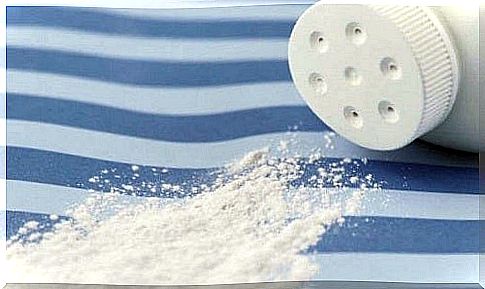
A harmful habit that has managed to survive the test of time is the use of perfumes, talcum powder and other intimate hygiene products that actually irritate the vagina.
Although it has long been believed that the products just listed are effective ways to prevent secretions and odors, we now know that they cause side effects because they unbalance the pH of the vagina.
Frequent use irritates the outside of the vagina and often leads to bacterial infections.
Suggestions:
- You have no reason to feel embarrassed: your vagina has a natural odor that you should not neutralize.
- If its smell is too intense, make an appointment with a gynecologist to check if you have not developed an infection.
4. Aggressive cleaning
Be very careful! The skin covering the vaginal region is very sensitive and requires special care. Some women are far too aggressive when washing. As a result, small open lesions appear, which are open gates for infectious agents.
Suggestions:
- Apply soap carefully and gently rub your vagina, using your fingers or the palm of your hand.
5. Pubic hair removal
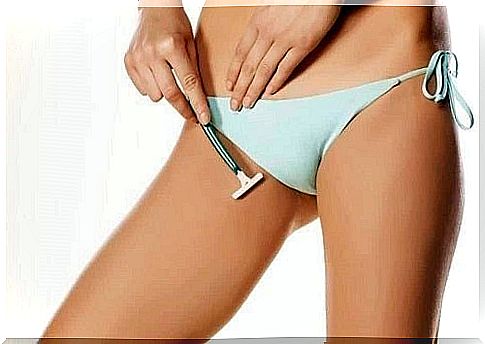
Nowadays, most women associate the removal of pubic hair with proper intimate hygiene. But this conception is totally wrong.
Pubic hair is a natural part of our body and plays a special role: it protects the vagina against bacteria, yeast and viruses that cause infections.
At the same time, many methods of hair removal are aggressive and cause irritation or cuts. These unwanted effects can undoubtedly lead to all sorts of complications.
Suggestions:
- Opt for non-invasive hair removal methods. Natural hair removal creams and other similar products are preferable.
- Do not remove hair completely so that your vagina does not remain unprotected.
- If you use a razor blade, dry it well after each use.
Do you practice any of the 5 harmful intimate hygiene habits presented in this article? We are sure you want to keep your vagina clean, but think twice before doing something that could unbalance its pH.



